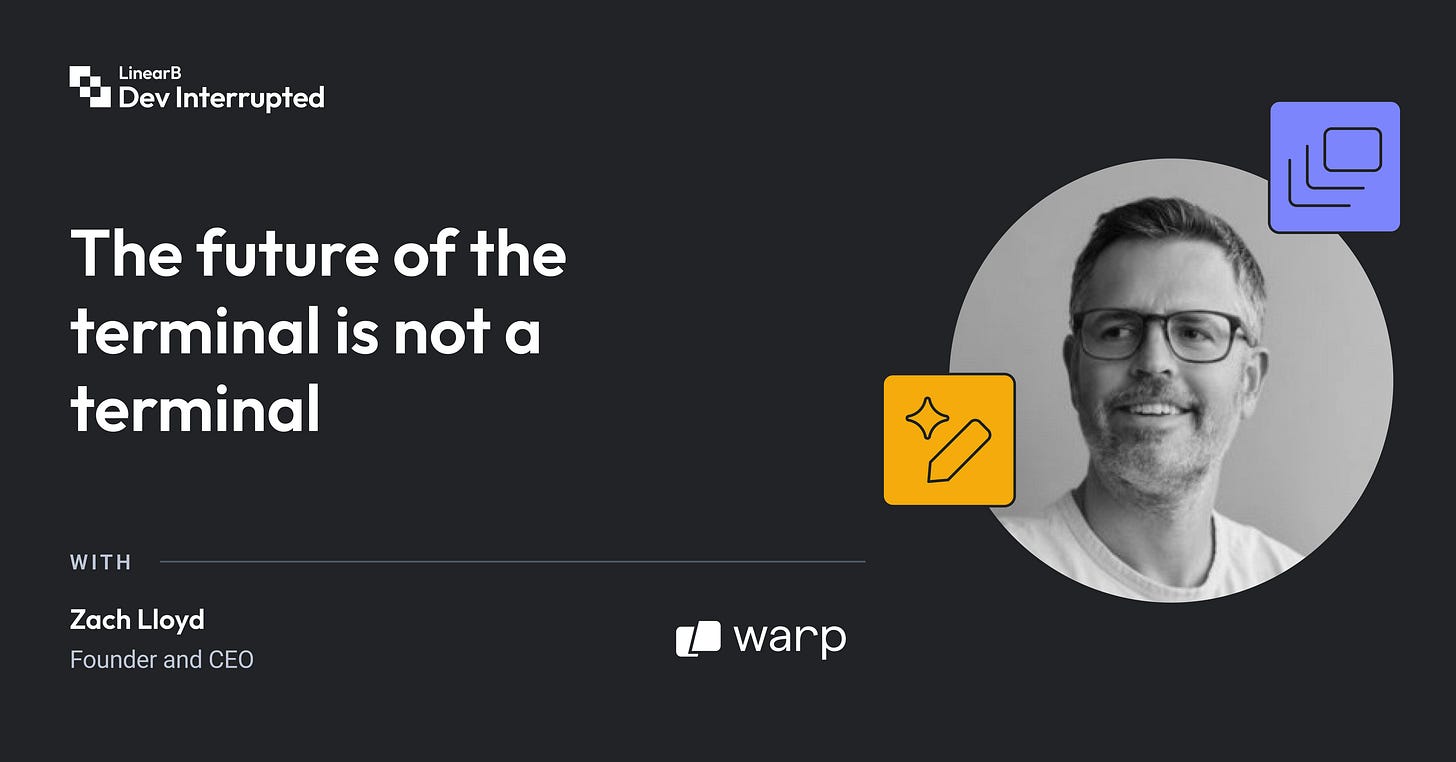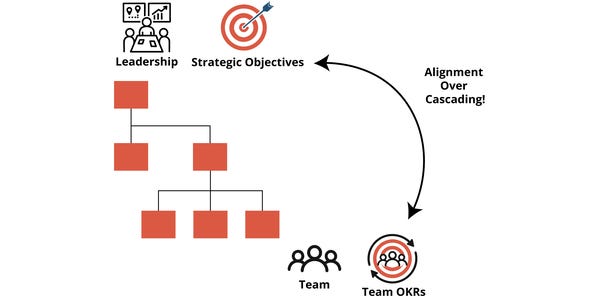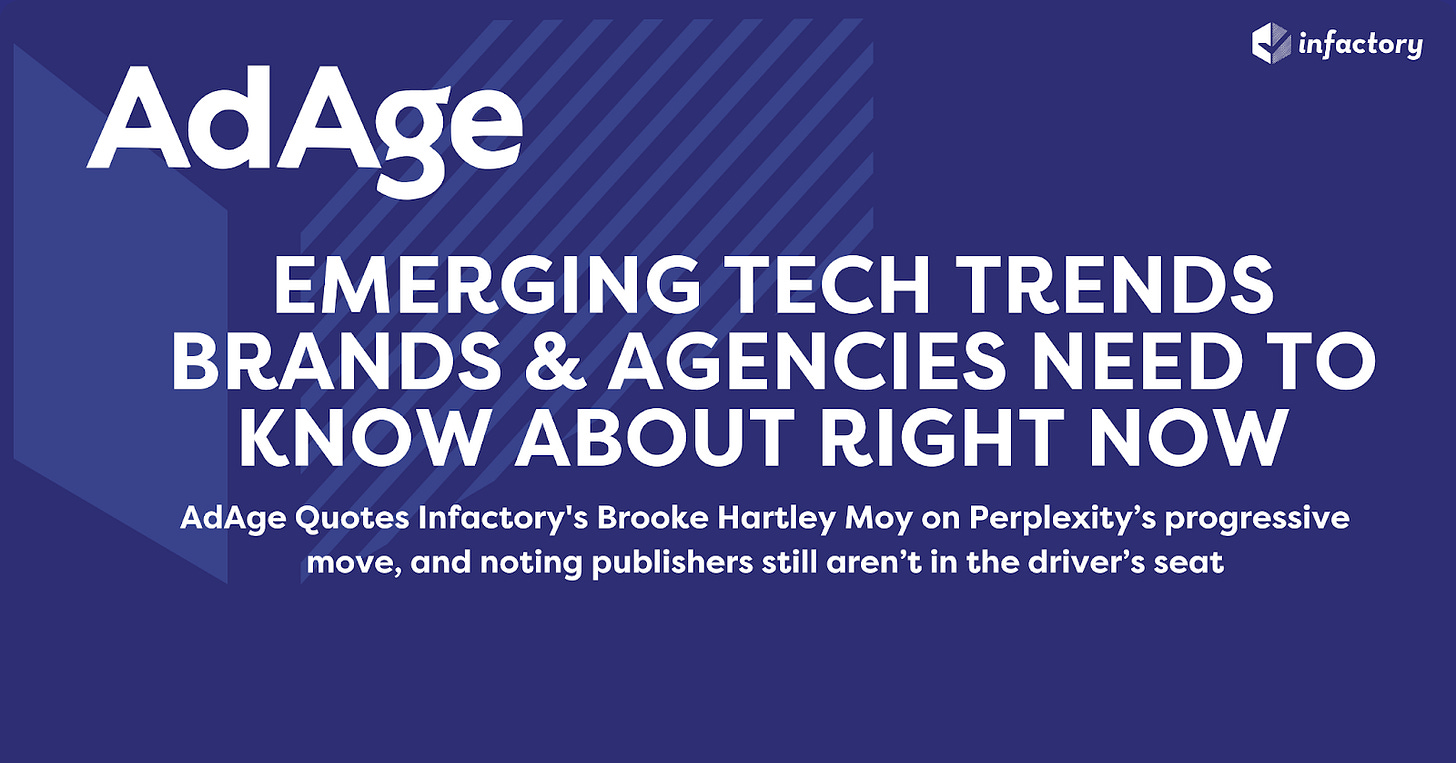The future of the terminal is not a terminal | Warp’s Zach Lloyd
And why your liberal arts degree is suddenly a secret weapon
For decades, the command line has been a developer's staple. But what if its future isn't to be a better terminal, but something else entirely?
We're joined by Zach Lloyd, co-founder of Warp, to discuss this groundbreaking shift in developer tooling, sharing his bold vision that the future for developers is neither the IDE nor the terminal, but a new kind of platform built for launching and orchestrating AI agents. Zach explains how Warp is re-imagining the command line as the natural entry point for this evolution, transforming it from a place where you type commands to a place where you write prompts to solve complex problems.
Zach dives into the new developer workflow, where the focus moves up a layer of abstraction from the minutiae of flags and syntax to higher-level problem-solving and guiding agents. He argues that by being the platform itself - not just an app running within it - a tool like Warp can provide a far richer and more effective user experience than traditional CLI agents. Discover the new skills developers need in this era, from problem decomposition to clearly expressing intent in natural language.
"In the new version of the world, rather than typing a command to run a program, what you do is you type a prompt to launch an agent." - Zach Lloyd
The Download
The Download is where liberal arts majors and AI shake hands. 🤝
1. Should team OKRs be top-down or bottoms-up? 🏗️
Paolo Caroli on ThoughtWorks highlights a critical distinction in how OKRs are set within organizations. When objectives are dictated from the top down, they often lose relevance, leading to weak commitment. High-performing teams, however, define their own objectives, aligning them with broader company strategies. This collaborative approach fosters shared purpose and enhances execution.
Read: Team OKRs in Action
2. Liberal arts majors, it's your time to shine! 🎓
Some argue that communications degrees now carry more weight than they used to, especially compared to STEM. Kristin Stoller reports that tech leaders are reconsidering the value of liberal arts backgrounds, especially as AI reshapes the landscape. This reminded us of our episode with Matt Greenwood of Two Sigma, where he reflected on when his daughter recently had to choose a major. The dynamics of power are shifting, and here’s what it boils down to: those who understand what they want and can communicate it will thrive.
3. Reflecting on a “rebellious” career of quietly building 🔨
Charity Majors, a favorite voice here at Dev Interrupted, recently shared some raw reflections from her engineering journey. Charity humbling acknowledges her own luck and timing, rejecting her own belief systems, and how building a company is soooo different than building anything else, and the power she has found in building-building-building no matter what, instead of tearing things down.
Read: Thoughts on Motivation and My 40-Year Career
Run your own AI code review bake-off 🧁
LinearB’s 2025 AI Code Review Evaluation Guide is the first controlled framework to compare Copilot, CodeRabbit, and LinearB with head-to-head data on clarity, composability, and developer experience, plus a step-by-step playbook to run the experiment yourself. Beyond test scores, the guide equips you with strategies for finding the right AI code review tool for your own team.
4. Perplexity's revenue-sharing: the new frontier for publishers 💸
Perplexity's new revenue-sharing model aims to compensate publishers for AI-driven search results, but is it enough? With a $42.5 million revenue pool, the model offers payments when articles are used in AI search results. However, this may not fully offset the massive loss of website traffic and ad revenue publishers face. Recent DI guest Brooke Hartley Moy of Infactory argues that treating publishers as active partners, rather than passive participants, is crucial for a sustainable future in digital content.
Read: AI, Ads & the Fight for Attention: Infactory Featured in Ad Age








